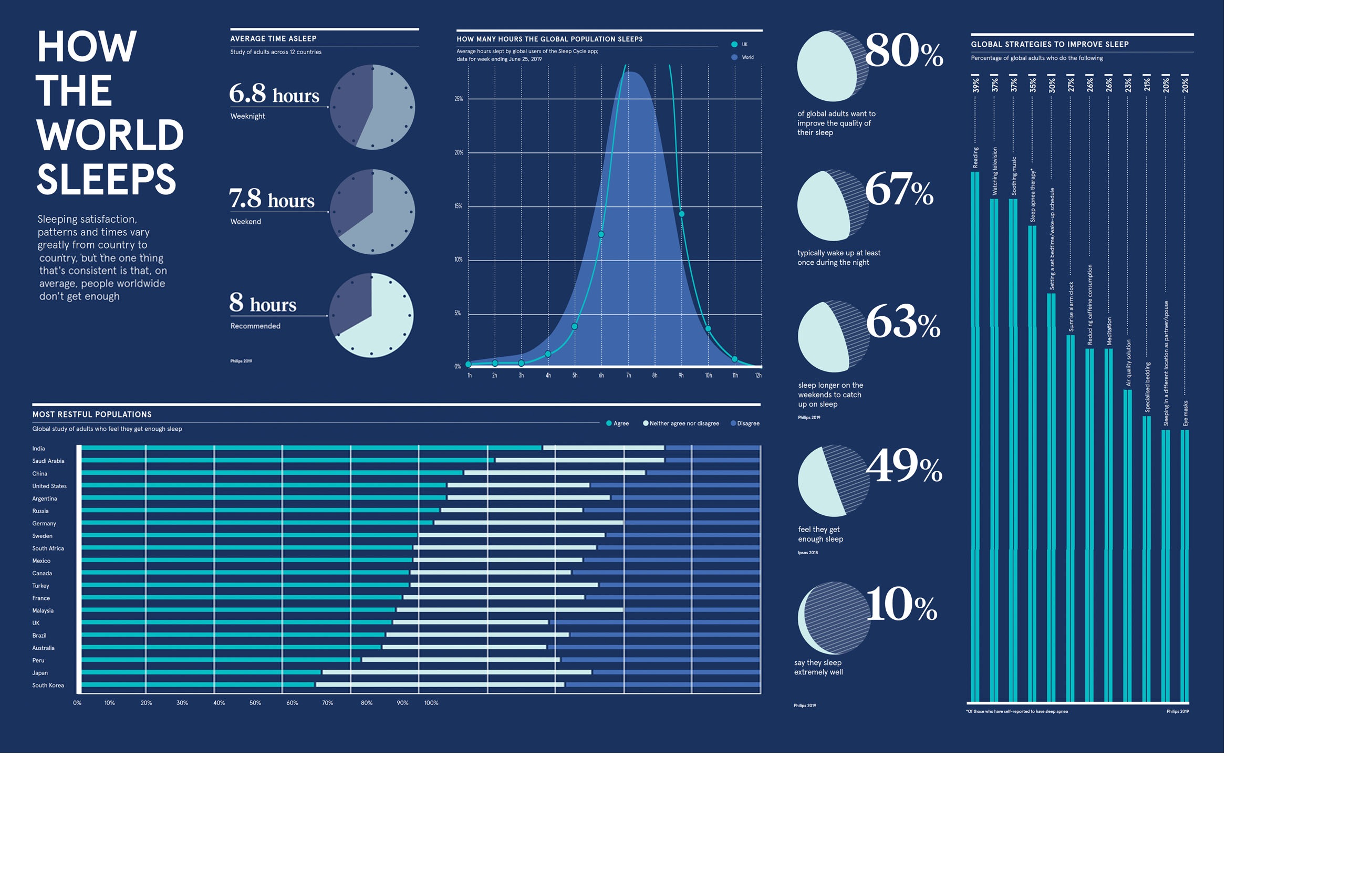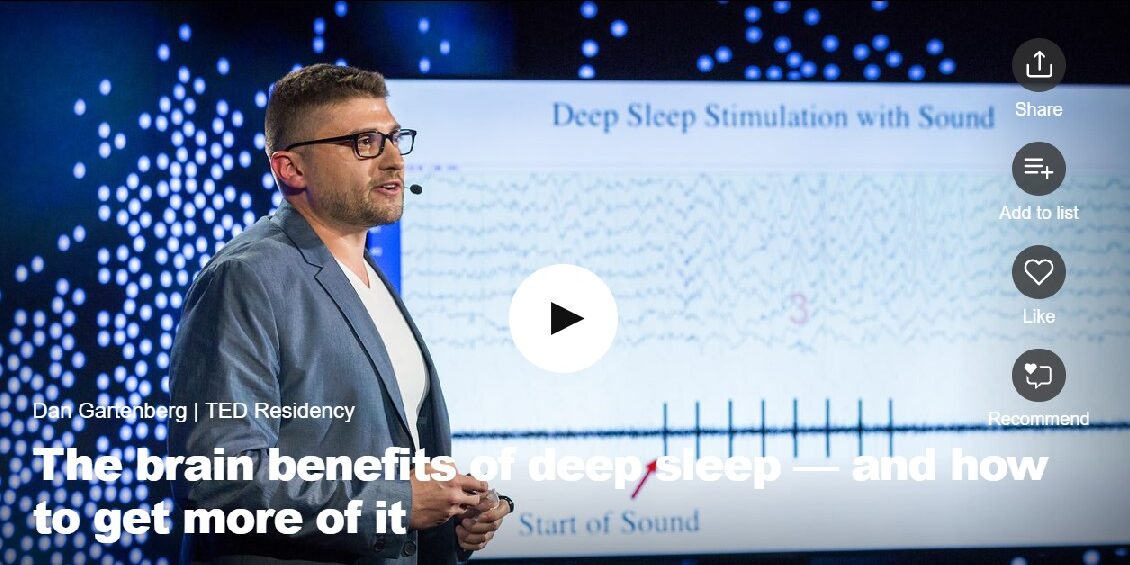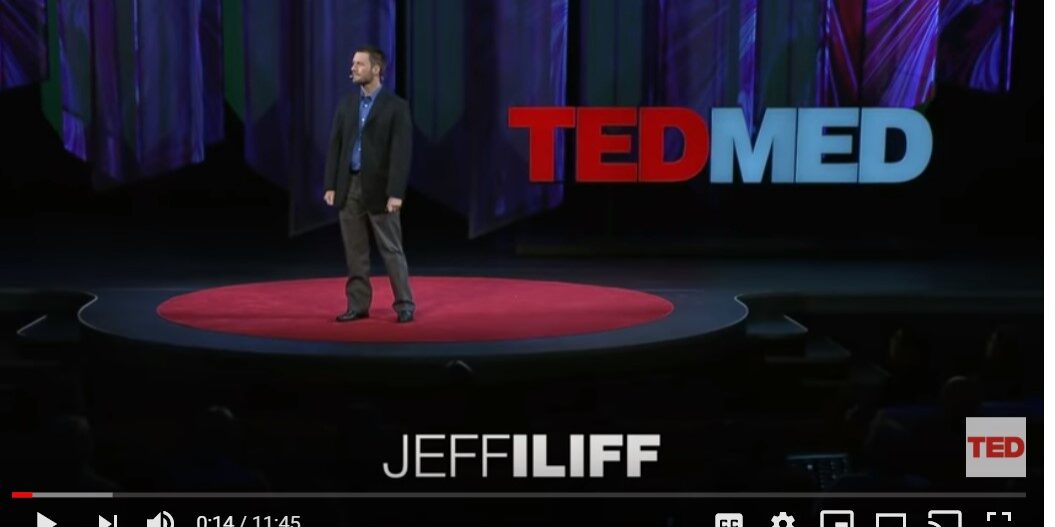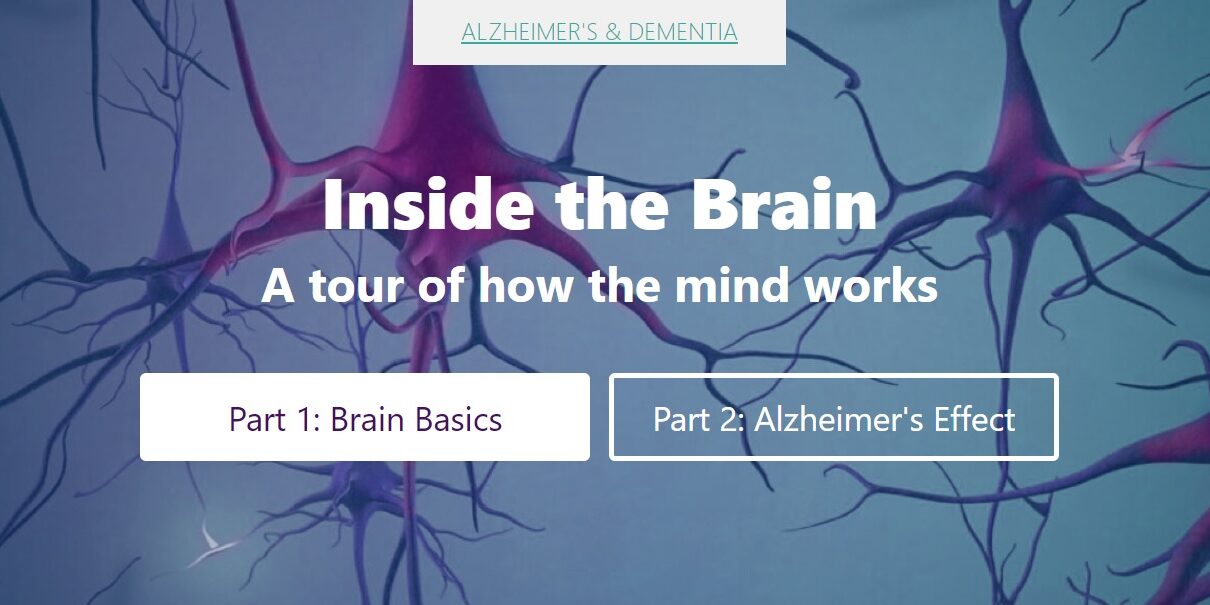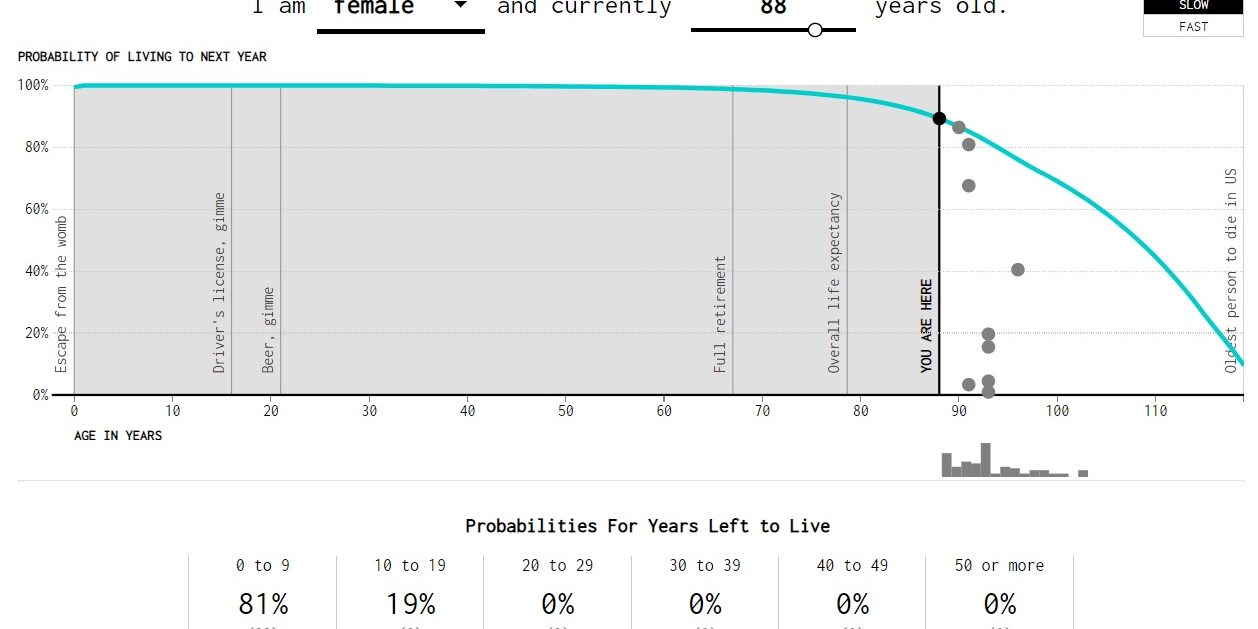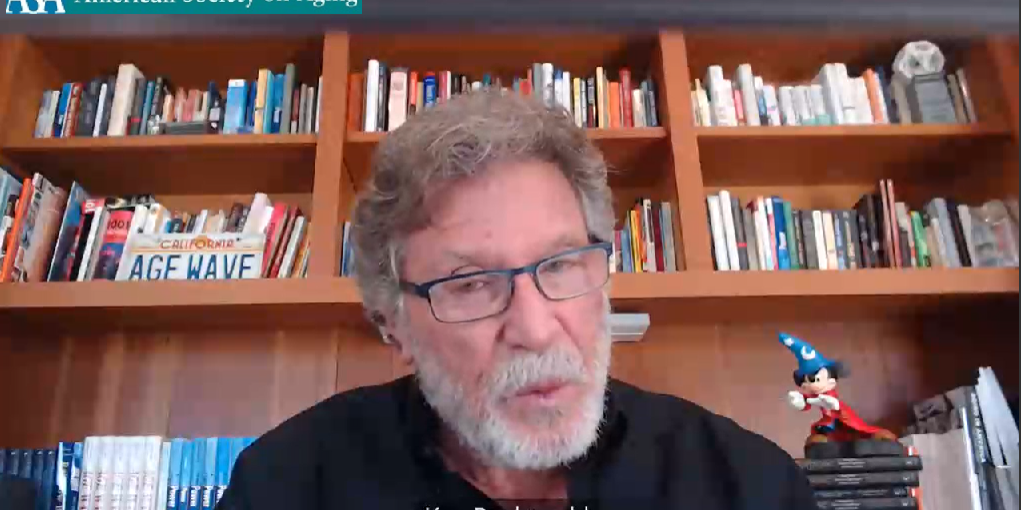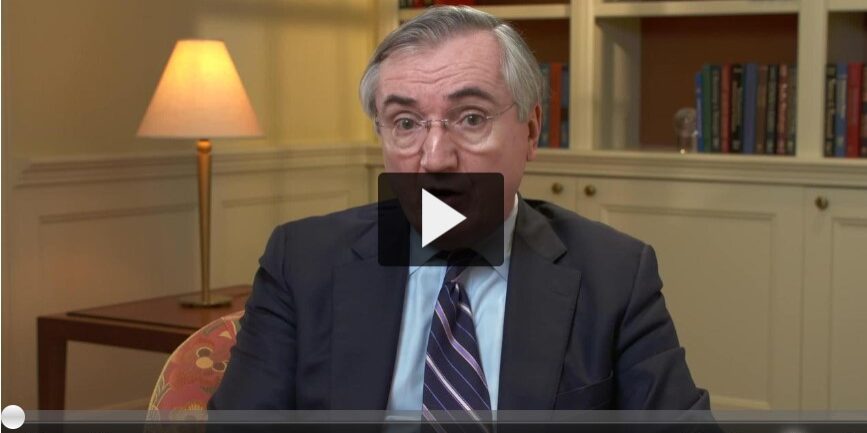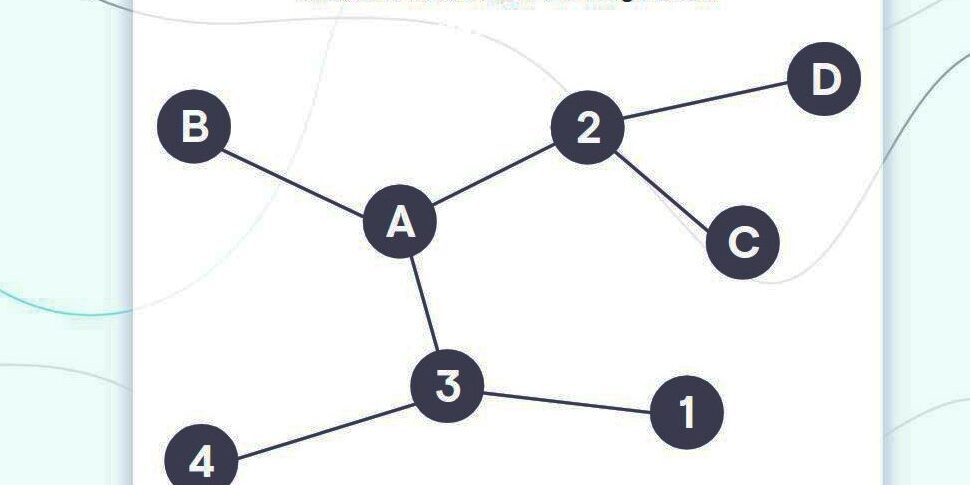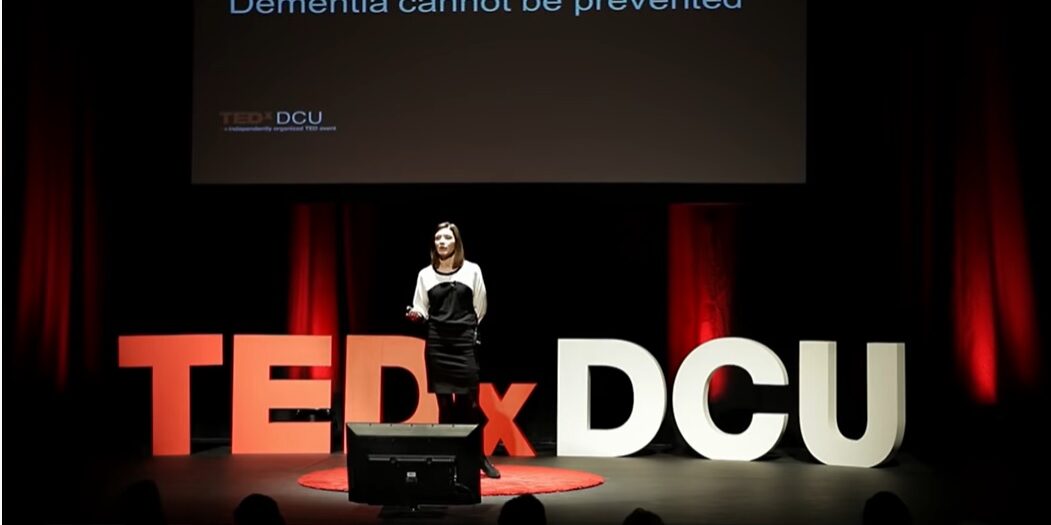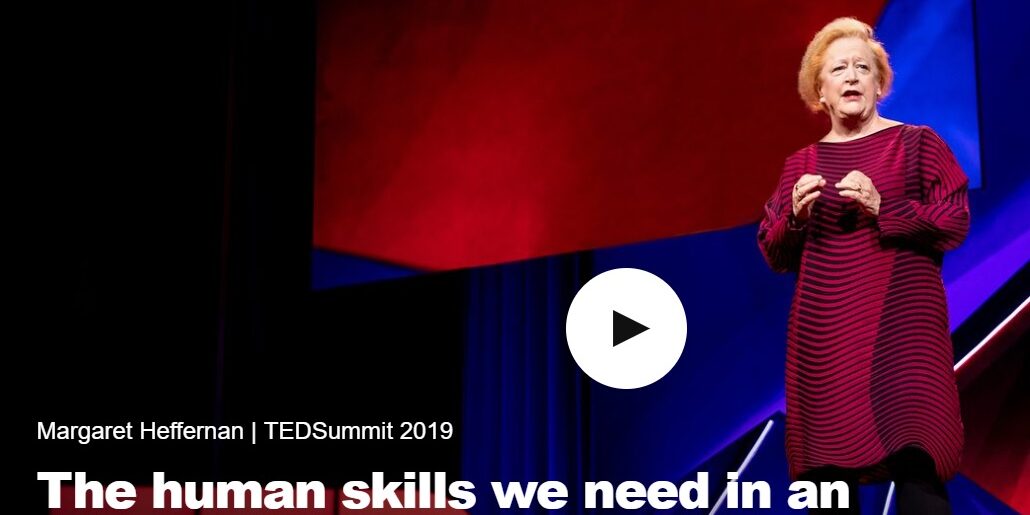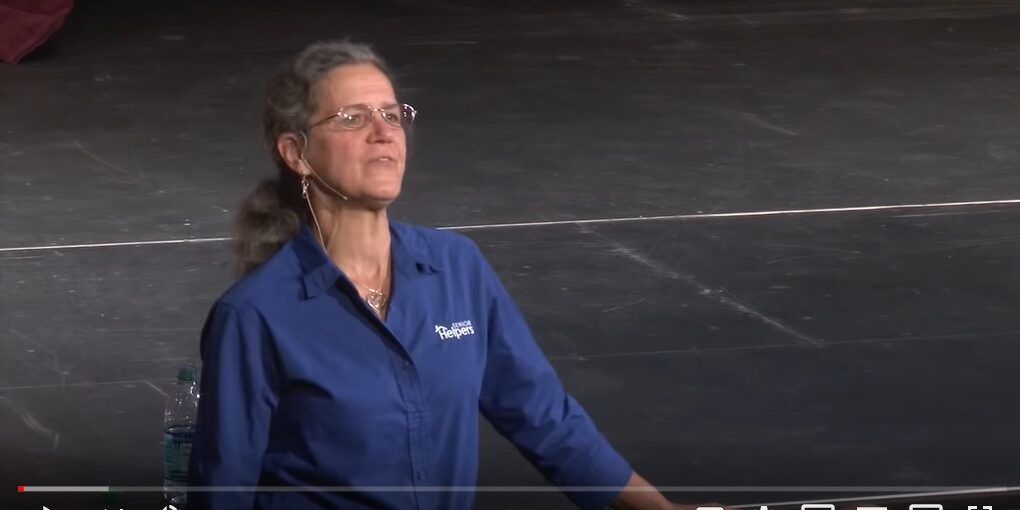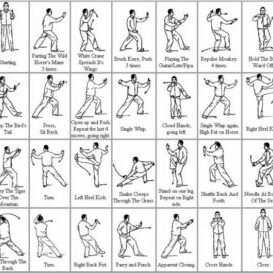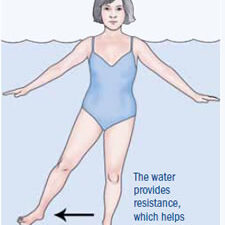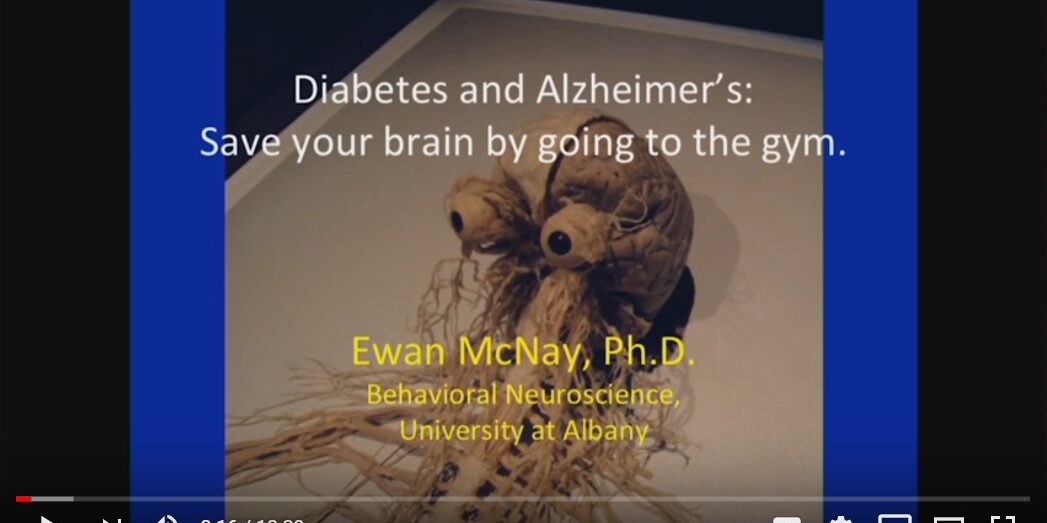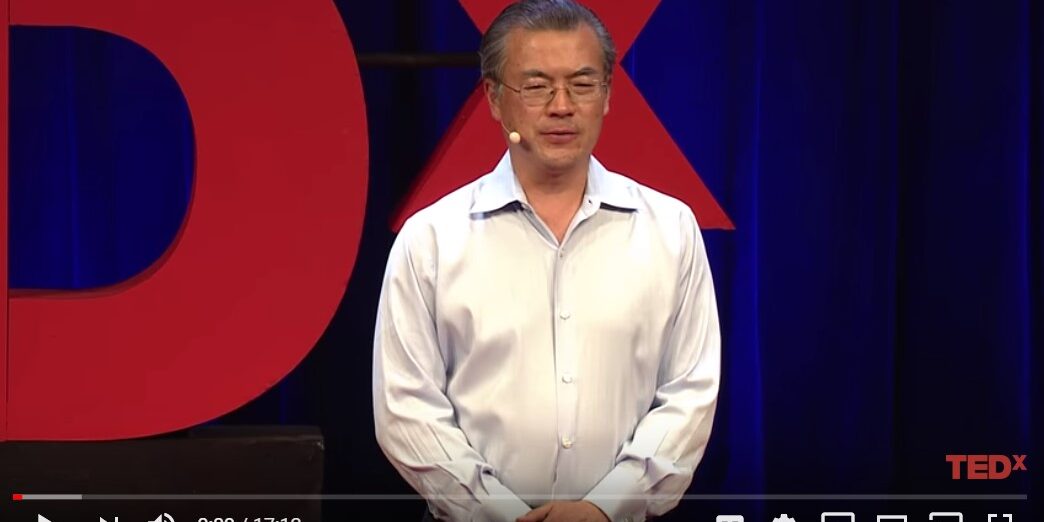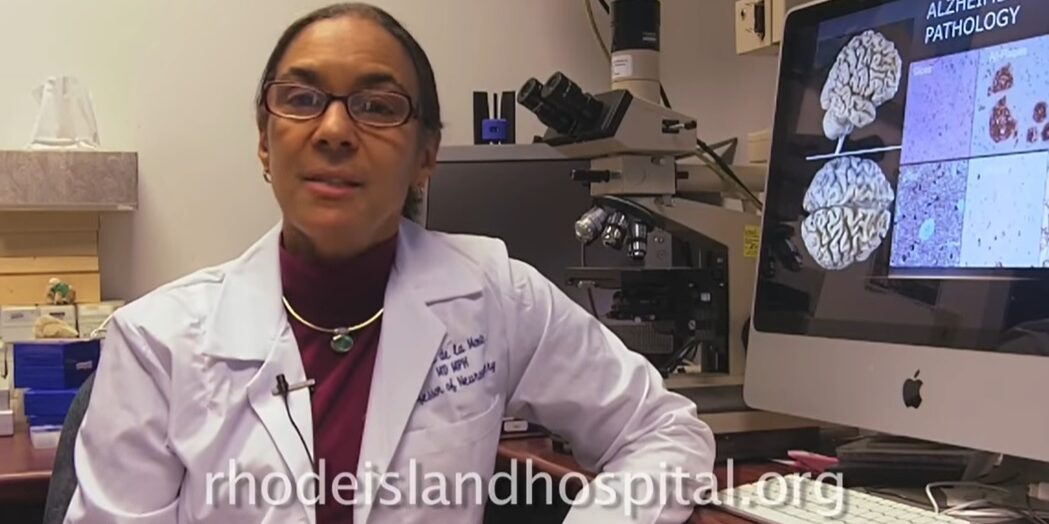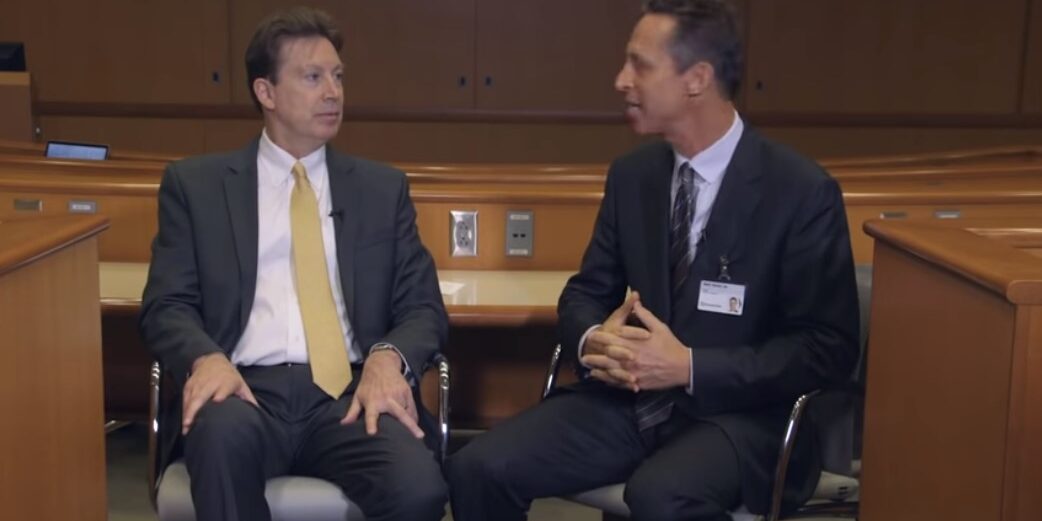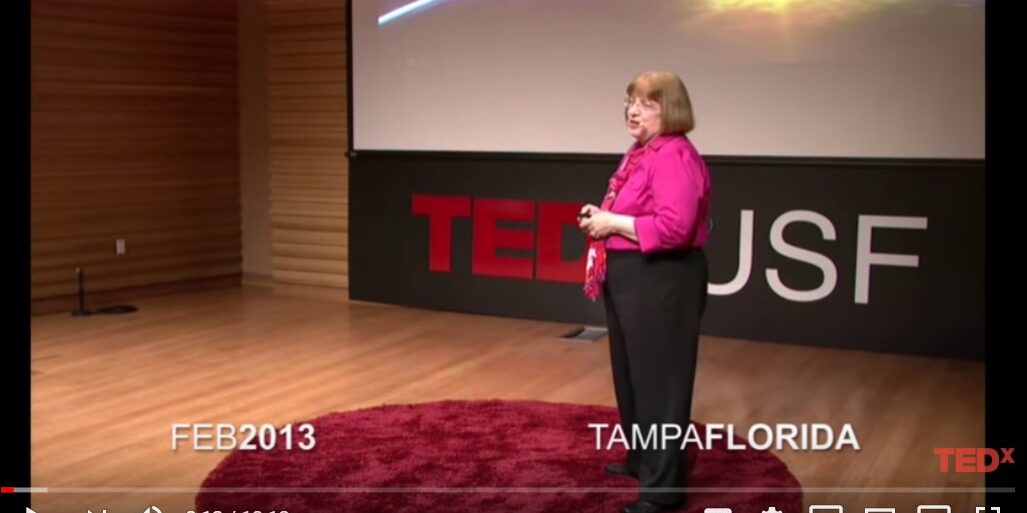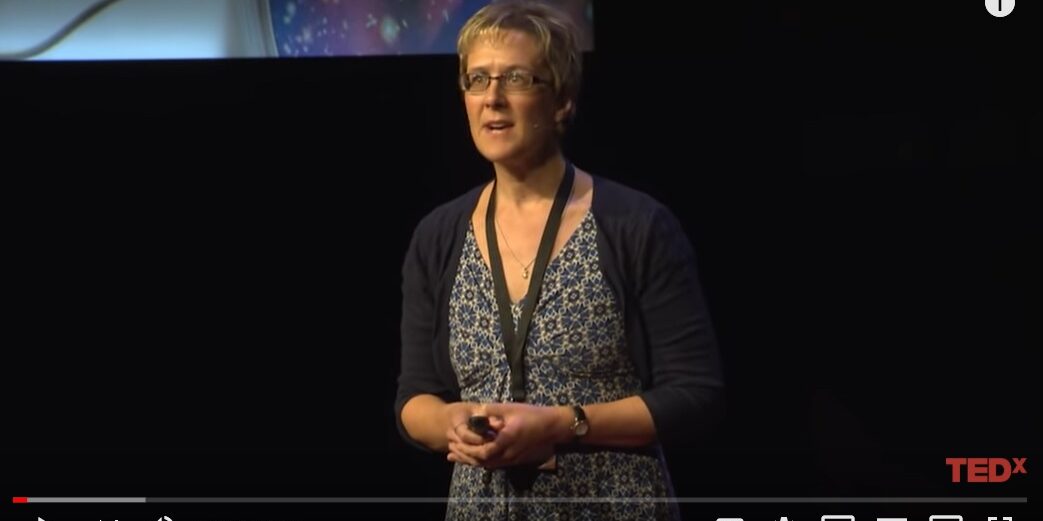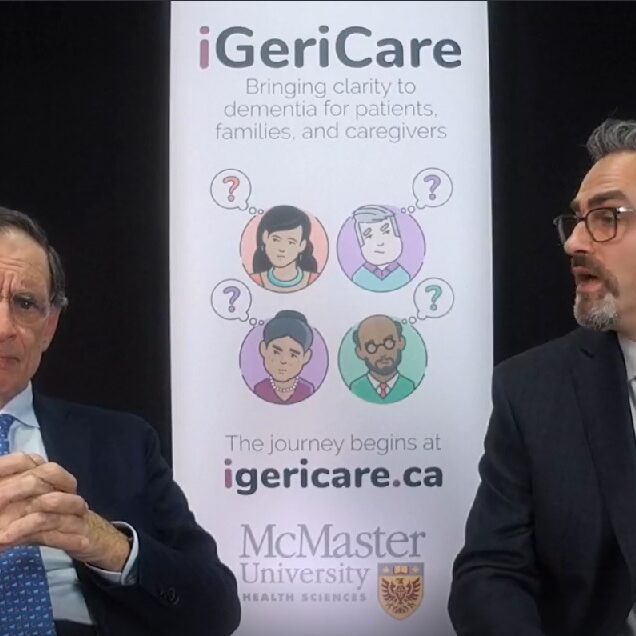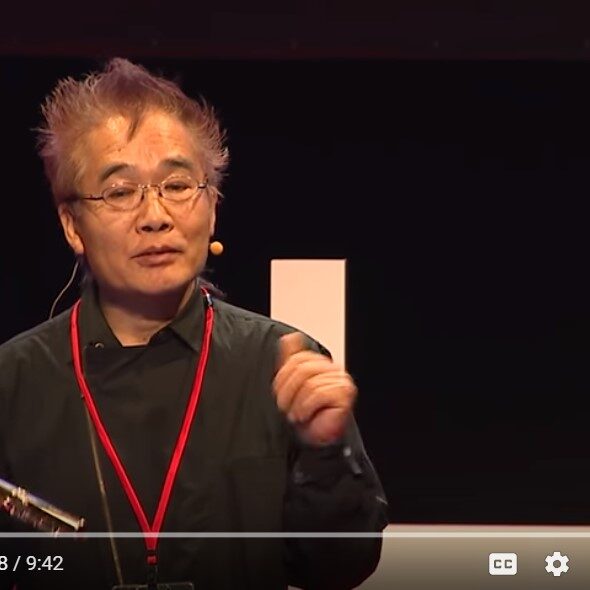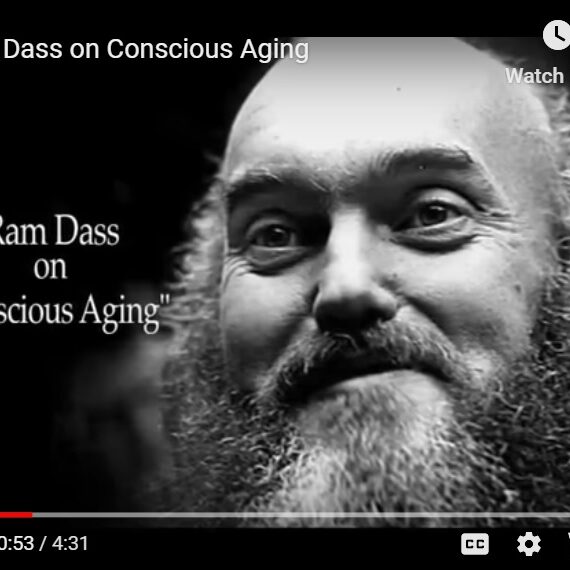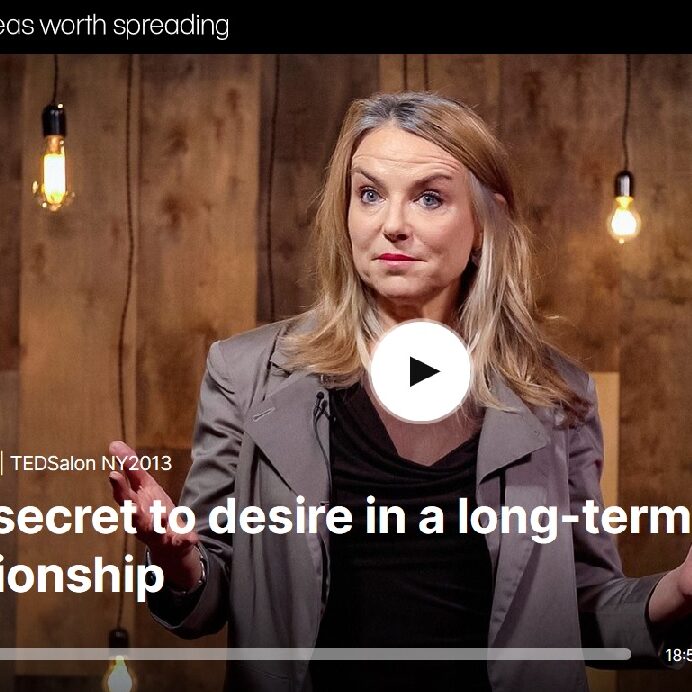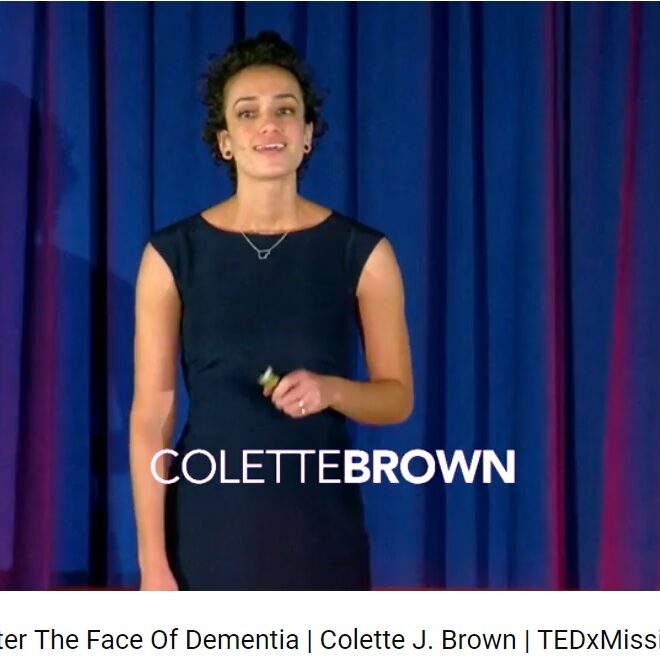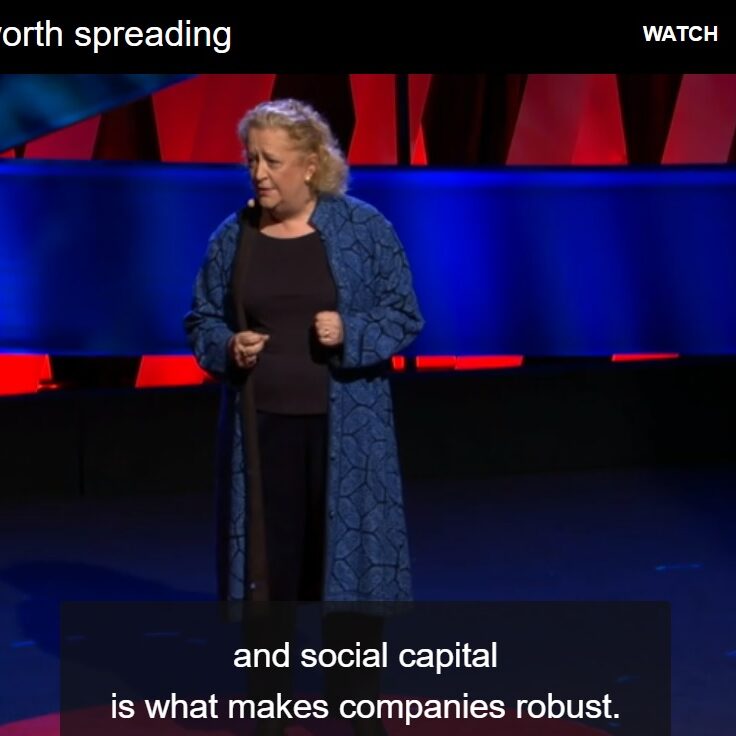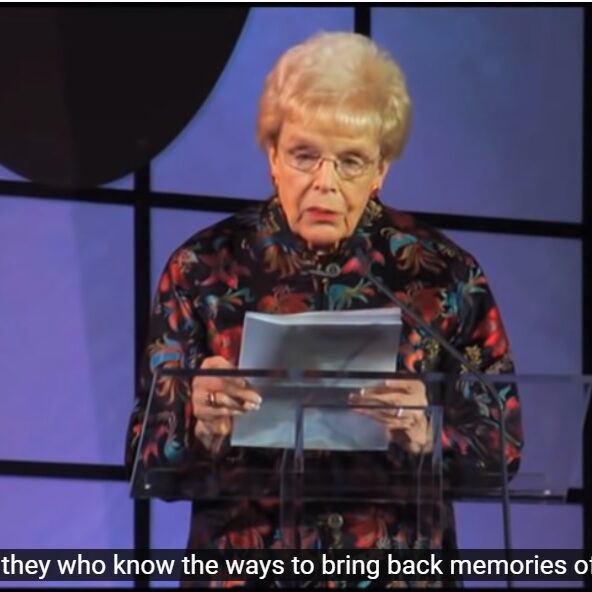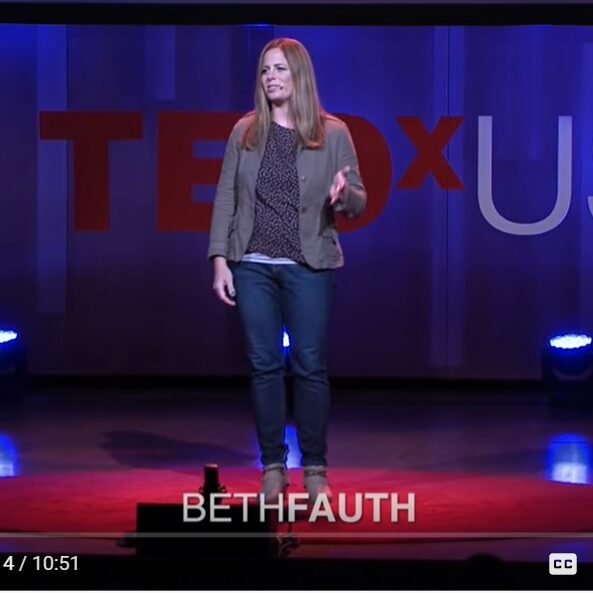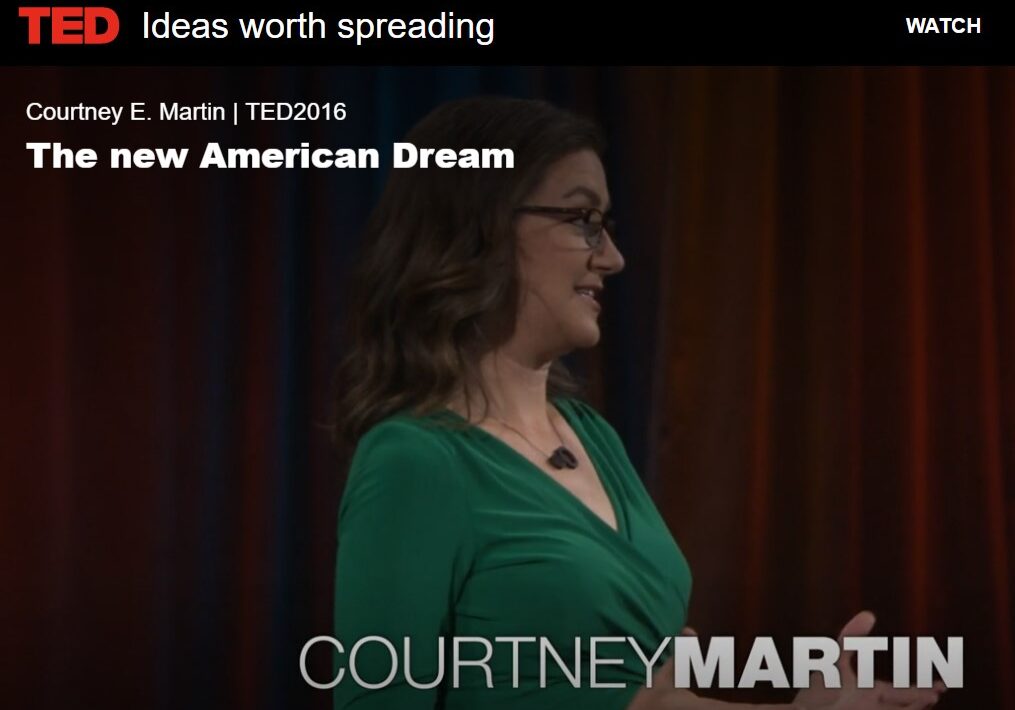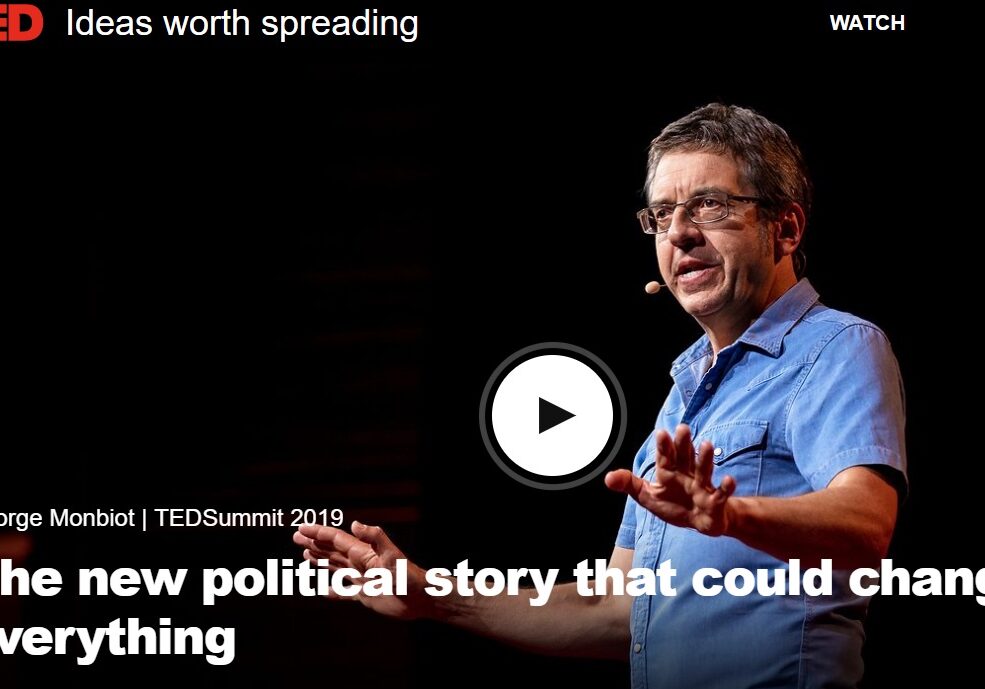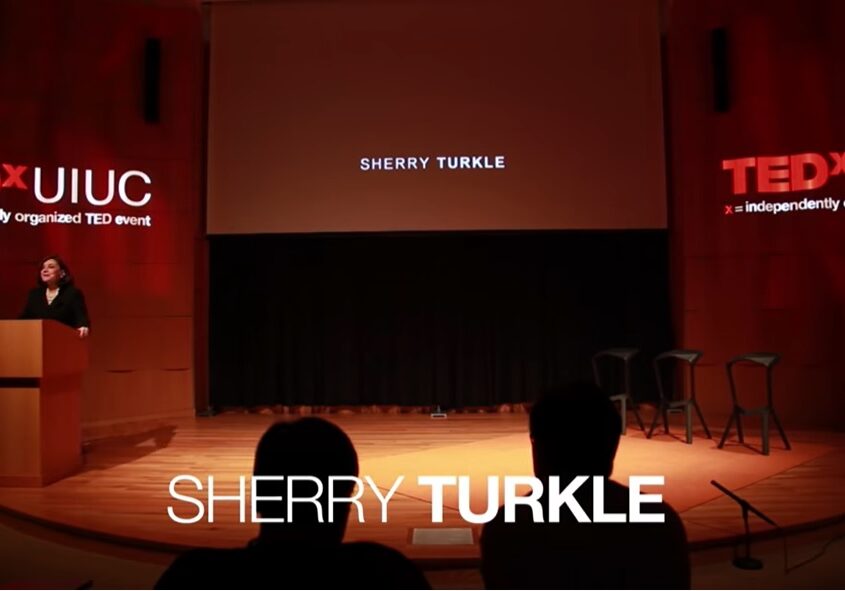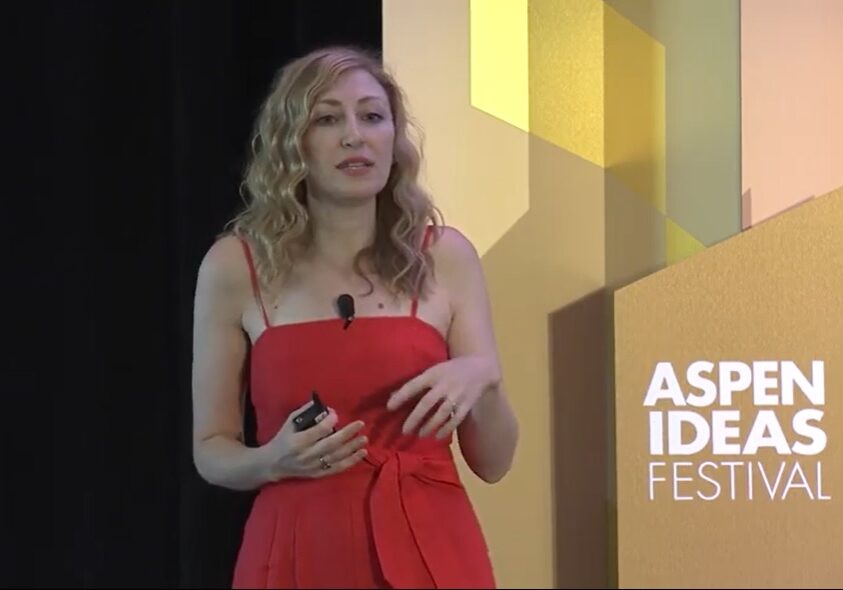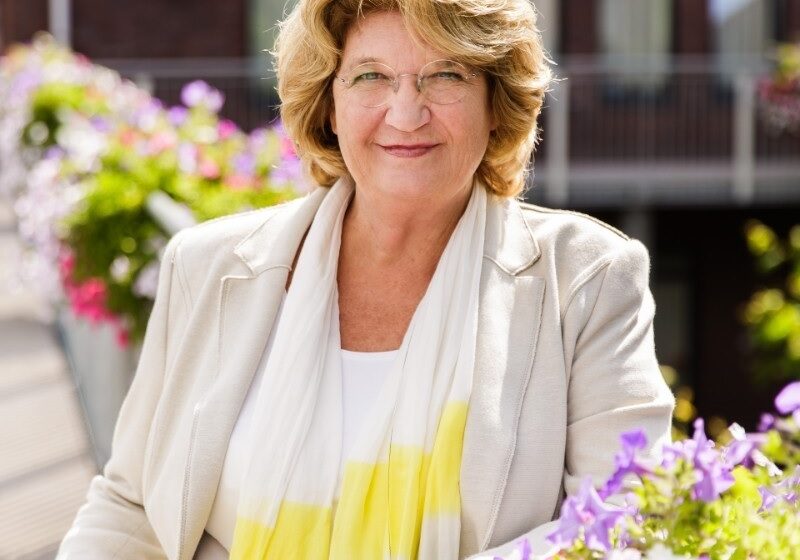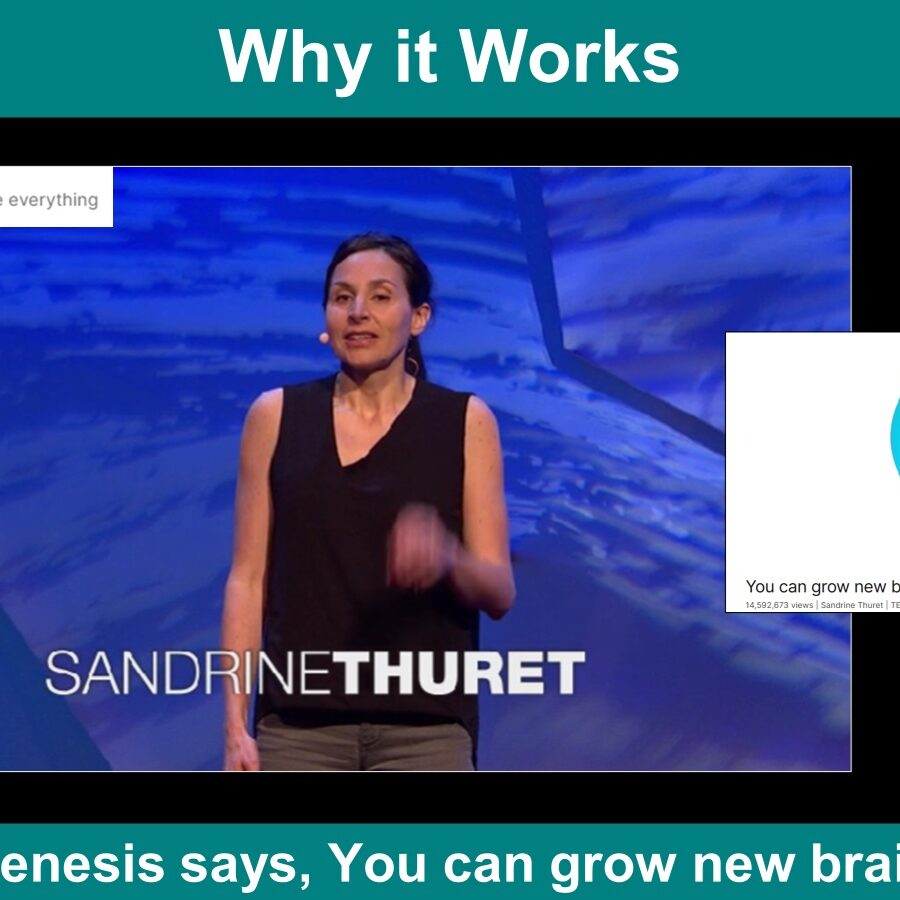What are S.L.E.D.S.S.?
S.L.E.D.S.S. - stands for Sleep, Learning, Exercise, Diet, Stress and Socialization.
Coined by Dr. Rudy Tanzi, a Professor of Neurology at Harvard University and Massachusetts General Hospital. He was named one of the TIME100 Most Influential People in the World in 2015 for his groundbreaking research on Alzheimer’s disease. LifeStyle Mediine is also the work of Dr. Dean Ornish. of the University of California at San Francisco.
Sleep
On the other coast...
A research team at Boston University led by Laura Lewis, assistant professor of biomedical engineering, took note of experiments that linked lack of sleep to Alzheimer's and set out to learn why that is. Ironically, this involved making people come to the sleep lab late at night after telling them to cut back on sleep the night before so they would be able to fall asleep inside an MRI machine with an EEG cap on their heads. None of this could have been fun for people who already know that missing sleep is bad for you, but the team's findings make it all worthwhile because they solved the mystery of why people who miss sleep are at greater risk for neurological disease.
The researchers discovered that the magic happens during the deep sleep phase, also called non-REM sleep. During deep sleep, they observed, all the neurons in the brain begin working in sync, something that doesn't happen any other time in our lives. Neurons turn on and off, sort of like tiny little light bulbs, and when they all turn off at once, suddenly the brain needs less oxygen, in the same way, turning off all the lights at once cuts electricity consumption. Because the brain needs less oxygen, it, therefore, needs less blood, so blood flow to the brain slows for that moment that the neurons are all off. The lack of blood allows for cerebrospinal fluid, a clear liquid that surrounds the brain, to flow in. Then it flows out again, taking with it toxins such as beta amyloids that naturally accumulate in the brain and can lead to diseases like Alzheimer's. It turns out that our deep sleep is filled with these "slow waves" of cerebrospinal fluid flowing in and out of the brain and washing away toxins each time, sort of like a washing machine.
Making Deep Sleep Efficient
Why we Sleep
Learning
Inside the Brain
A tour of how the mind works

Learning
Years You Have Left to Live, Probably

The life expectancy for the average woman in the United States is 81 years and 2 months. For men, it’s 76 years and 5 months. These are the most recent estimates from the Centers for Disease Control and Prevention. Just subtract your current age from those numbers for a rough estimate of how many years you have left.
It feels accurate. It feels precise.
But people die at various ages. Life is imprecise. Otherwise, you could just plan your days all the way up to your last.
Also, life expectancy is typically quoted “from birth.” It’s the number of years a baby is expected to live the moment he or she escapes from the womb into the wondrous realities of the outside world. This is a good measure for progress in countries and is a fine wideout view, but it’s just so-so for you and me, as individuals.
The range of your life expectancy is much more interesting.
Toggle your age and sex below to see the possibilities.
The graphic uses data from the Social Security Administration to simulate your possible lifetimes. That’s plural. The line shows the probability you live to see your next birthday, given age and sex. Each running dot represents a possibility.
As expected, the probability that you live to the next year decreases as you age. More than 99% of people under the age of 60 live to see the next year, but the probability shifts towards zero relatively quickly after that.
Let the simulation run long enough (or flip on the “fast” switch), and the distribution always converges towards a curve that skews towards older. That’s expected.
The individual data points? Those are much less predictable.
Well, depending on your age of course.
For example, if you are female and 50 years old, the average life expectancy is about 33 more years. However, let the simulation run, and that single average value represents a wide span that mostly rests between 20 to 49 more years.
There’s less room for error if you’re a centenarian.
That said, shift the slider higher, say 70 or older, and see what happens. Life expectancy increases and the balls tend to drop farther past the overall life expectancy point. That is, as you shift into later years, life is like, “Hey, you’re pretty good at this aging game. Better than most. You’re probably going to live longer than the average person.” This poses interesting questions for retirement planning and sustaining that long life, but let’s save that topic for another time.
As for me, a 34-year-old male, my distribution is still open to lots of possibilities. And I should probably look into life insurance.
Learning
Learning
IAC Announces Agreement to Acquire Care.com
Learning
What is it like to have Alzheimer's? Puzzles mimic the experience of dementia
As long as the world makes sense, it’s hard to imagine what it’s like to live with dementia.
So experts in the U.K. have created a series of puzzles to show healthy people how confusing, frustrating and stressful daily life can be when nothing seems right.
The puzzles, developed by Babylon Health and the Dementia Trust UK, appear simple but they’re actually impossible to solve. They mimic the experience of a person who is suffering from the loss of memory and other thinking skills.
Learning
The Four Myths of Dementia | Kate Irving | TEDxDCU
Kate Irving, who has spent the last 20 years of her career working with people with Dementia, is clinical lead in the Memory Works clinic in the Healthy Living Centre, an initiative to decrease stigma and increase access to information about cognitive health promotion for all.
Kate talks to us about Four Myths of Dementia. She dispels the common myths of dementia by explaining the truth of dementia.
Learning
The Human Skills we need for an Unpredictable World
The former CEO of five businesses, Margaret Heffernan explores the all-too-human thought patterns that lead organizations and managers astray.
Learning
What is Dementia? - Teepa Snow
Exercise
Tai-Chi
Old Age need not end in bed. Use your body or loose it. Gentle Tai-Chi exercises can help.
Although Tai chi sounds mysterious, research is proving it works!
In an increasing number of recent studies, Tai chi has been found to lower blood pressure ... reduce stress ... build strength and balance ... slow the onset of dementia ... relieve pain ... and the list just goes on and on. And, better yet, everyone can benefit — no matter your age or fitness level. No wonder it’s the tried-and-true practice of top athletes, active adults, and even people in their 70s and 80s who want to get — or stay — in shape!
- Lower your risk of falling — by as much as 43% ... and your risk of injury by half!
- Lift your mood — In 82% of studies, Tai chi greatly improved mood and lowered anxiety. Plus, it’s effective for treating depression drug-free.
- Prevent heart disease — It strengthens your heart five different ways!
- Say goodbye to pain — A growing number of clinical trials show that Tai chi offers significant relief from back, neck, arthritis, and fibromyalgia pain.
- Sharpen your mind — Tai chi can help reduce age-related cognitive decline ... and even slow dementia!
- Build confidence — While gaining muscle and mind control.
A sharper mind: Tai chi can improve cognitive function
Up until about two decades ago, it was believed that your brain only produced new cells early in life. But research has shown that the brain has the ability to change throughout your entire life span, growing new cells, making new connections, and even increasing in size. These changes can improve cognitive function—and various forms of exercise, including Tai chi, can help.There are lots of jokes about forgetting where you put your keys, but as you get older, changes in your mental function are no laughing matter. Changes in your brain that start around age 50 can affect your memory, as well as other cognitive functions such as your ability to juggle multiple tasks, process information rapidly, and focus on details. By age 70, one in six people has mild cognitive impairment (which can progress to Alzheimer's disease).
In a meta-analysis of 20 studies on Tai chi and cognition, Tai chi appears to improve executive function—the ability to multitask, manage time, and make decisions—in people without any cognitive decline. In those with mild cognitive impairment, Tai chi slowed the progression to dementia more than other types of exercise and improved their cognitive function in a comparable fashion to other types of exercise or cognitive training.
In one study, researchers had nearly 400 Chinese men and women with some cognitive impairment perform either Tai chi or a stretching and toning program three times a week. After a year, the Tai chi group showed greater improvements, and only 2% of that group progressed to dementia, while 11% from the traditional exercise group did.
In another study, Tai chi outperformed walking. Following 40 weeks of either Tai chi, walking, social interaction, or no intervention, researchers compared MRI images and discovered that brain volume increased the most in the Tai chi group. In addition, that group also performed better on cognitive tests.
Exercise
Great exercise that's easier on the joints
Aquatic therapy can reduce pain and pressure while providing an effective workout.
When you're struggling with joint pain, gravity can make exercise an unpleasant experience. But exercising in water, also known as aquatic therapy, can change all that. "It enables you to do many of the same exercises you'd do on land without applying the same force on your joints," says Gayle Olson, a certified athletic trainer at the Sports Performance Center at Harvard-affiliated Massachusetts General Hospital.
Where to find it
If you're interested in taking an aquatic therapy class, Olson recommends looking at the local YMCA, fitness center, senior center, or hospital. But don't expect insurance to pay for it. "Medicare and other insurers rarely cover the costs, although some insurance plans offer a reimbursement if you participate in a fitness activity," says Olson. You may be able to get coverage for aquatic therapy if your doctor prescribes it as physical therapy. And many physical therapy groups offer therapy in a pool.
Olson says to look for either a group-based rate of up to $15 per class or a personal trainer fee of $35 to $60 per half-hour. That can be an expensive way to exercise. So Olson advises that you go and watch a class or training session first, before you jump in.
Exercise
Expertise:
Role of insulin in brain function and memory; diabetes; Alzheimer's disease
Ewan McNay's research explores the cognitive and neural impacts of recurrent hypoglycemia (RH), which is the most common and most feared side-effect of intensive insulin therapy for diabetes: too much insulin can cause hypoglycemic shock.
Another major line of research examines the role of insulin, not only active in modulation of brain functions beyond control of food intake, but as a critical component of hippocampal memory and metabolic processes.
McNay explores how memory improved by administration of insulin, as well as how inhibition of insulin signalling within the hippocampus entirely wipes out spatial memory processing.
Other ongoing research areas include the relationship between insulin and beta-amyloid, in both diabetes (especially type 2 diabetes) and Alzheimer's disease; the interactions between the brain's multiple memory systems; and the impact of fatty acids and a high-fat diet on cognitive and neural functions.
He received his Ph.D. in neuroscience from the University of Virginia
Exercise - Diet
Functional Longevity
Dr. Joon Yun, President, Palo Alto Investors, LLC.
Longevity is a fact, we’re all living longer but how do we make sure our long lives are healthy and rewarding? Joon Yun exposes how we are not solving the problems of aging and how we should build on our resilience and stretch our biological features. Dr. Joon Yun is managing partner and president of Palo Alto Investors, LLC, an investment management firm founded in 1989 with $2 billion in assets invested in healthcare. Board certified in radiology, Joon served on the clinical faculty at Stanford from 2000-2006. Joon has served on several corporate and non-profit boards, and has published dozens of patents, scientific articles, and business essays. Joon and his wife Kimberly launched the $1 million Palo Alto Longevity Prize in 2013 to reverse the aging process and recently donated $2 million to launch the National Academy of Medicine Aging and Longevity Grand Challenge. Joon is a member of the President's Circle of the National Academies of Sciences, Engineering, and Medicine.
Diet
Dementia - Type 3 diabetes
Can the foods you eat impact your chance for developing Alzheimer's?
As far back as 2005, Suzanne de la Monte, a pathologist at Brown University, had concluded that Alzheimer’s was actually a form of diabetes — what she calls Type 3 diabetes. It affects the brain and has many molecular and biochemical features in common with Type 2 diabetes, which we know is a major risk factor for Alzheimer’s. In one experiment, she and her colleagues blocked insulin to rats’ brains. Their neurons deteriorated, they became disoriented, and their brains showed the telltale signature of Alzheimer’s.
Rhode Island Hospital researcher Suzanne de la Monte, MD, looks at the link between nitrates and nitrites -- found in many food products -- and the development of Alzheimer's disease, as well as the link between diabetes and Alzheimer's. http://www.rhodeislandhospital.org/rih/
Diet
The Bredesen Protocol includes complex carbohydrates, fruit, and other foods that are typically avoided in a standard ketogenic diet and aims to reduce many foods that are common in a ketogenic diet such as meat and high-saturated fat animal products.
Press Release by Buck Institute Sept 29, 2014 Memory loss associated with Alzheimer’s reversed for first time
Diet
Dr. Mary T. Newport
Mary T. Newport, M.D., a neonatal practitioner, has become an authority on Alzheimer's disease over the last ten years. In the course of researching scientific literature about Alzheimer's, she discovered studies involving medium chain triglycerides (MCT) and their natural source, coconut oil. That's when a light bulb went on, and the doctor connected the dots between using MCT oil in newborn's formula to help babies thrive and using it to address Alzheimer's disease. After writing two well-received editions of Alzheimer's Disease: What If There Was a Cure? The Story of Ketones, Dr. Newport has now written this quick-start guide on how to integrate these life-restoring fatty acids into the diet. In addition to Alzheimer's disease, this dietary treatment can be used to counter other neurodegenerative diseases such as non-Alzheimer's dementias, Parkinson's, ALS, and multiple sclerosis.
Dr. Newport was not the first to call Alzheimer's "a type of diabetes of the brain," but she firmly believes it is. Areas in the brain that test positive for Alzheimer's show insulin deficiency and resistance, which cause decreased glucose uptake in the cells, leading to cell malfunction and cell death. Because diet is the most important way to counter diabetes, Dr. Newport advocates a dietary intervention based on a whole-food, high-fat, low-carbohydrate diet. To make the dietary change easy, Dr. Newport provides six choices that can be used alone or in combination for integrating coconut and MCT oils into the diet.
You can provide ketones to the brain and other organs as an alternative fuel through adopting a “keto” (ketogenic) diet and by consuming coconut and MCT oil and other foods that contain medium chain triglycerides to produce ketones. Ketone salts and esters provide “instant ketosis” and many people report benefits. This should not be taken as medical advice. We strongly urge you to consult with your physician before undertaking a ketogenic diet or using ketone supplements.
Diet
Julia Rucklidge, PhD - Clinical Psychologist
The surprisingly dramatic role of nutrition in mental health
Julia J Rucklidge, PhD is a Professor of Clinical Psychology in the Department of Psychology at the University of Canterbury, Christchurch, New Zealand. Originally from Toronto, she did her training in neurobiology (McGill) and Clinical Psychology (University of Calgary). Her interests in nutrition and mental illness grew out of her own research showing poor outcomes for children with significant psychiatric illness despite receiving conventional treatments for their conditions. For the last 6 years, she has been investigating the role of micronutrients in the expression of mental illness, specifically ADHD, Bipolar Disorder, anxiety and more recently, stress and PTSD associated with the Canterbury earthquakes.
Stress
Spiritual Hope - While the body grows according to what it consumes, the soul grows by the measure of love it pours out. - Dr. Victor Frankl.
Kin-Keepers provides tools to help write the last chapter of life. One need not belong to organized religion to want and seek transcendental love. As we age our soul yearns more of it, even as our bodies decline.
In the day-to-day trenches of adult life, there is actually no such thing as atheism. There is no such thing as not worshipping. Everybody worships. the only choice we get is what to worship. And an outstanding reason for choosing some sort of god or spiritual-type thing to worship - be it Jesus Christ or Allah, be it Yahweh or the Wiccan mother-goddess of the Four Noble Truths or some in-frangible set of ethical principles - is that pretty much anything else you worship will eat you alive. If you worship money and things - if they are where you tap real meaning to life - then you will never have enough. Never feel you have enough. It's the truth. Worship your own body and beauty and sexual allure and you will always feel ugly, and when time and age start showing, you will die a million deaths before they finally plant you. Worship power - you feel weak and afraid, and you will need ever more power over others to keep the fear at bay. Worship your intellect, being seen as smart - you will end up feeling stupid, a fraud, always on the verge of being found out. ---David Foster Wallace
The Power of Patience
Stress
Dr. Joel Sadavoy of Mount Sinai Hospital and the University of Toronto joins Dr. Anthony Levinson of iGeriCare, for a discussion about depression and dementia.
Depression is itself a mood disorder that can affect a person's thoughts, behaviors, feelings, and sense of well-being. There are drug and non-drug treatments available for persons with dementia and depression.
Stress
Music Works Instantly, but must be applied with respect and dignity. Music makes dementia patients alive | Toshiro Mitsutomi | TEDxHaneda
Stress - Spiritual Awakening through Mindfullness
Ram Das, “To really open ourselves up to reality, we must be willing to put desire aside and become “irrelevant.”
After his dismissal from Harvard for researching LSD with Timothy Leary, Richard Alpert left the U.S. for India in 1967. He devoted himself to the teachings of Hindu teacher Neem Karoli Baba and returned to the States a permanently changed man, with a new name and a message he first spread via the collaboratively-edited and illustrated 1971 classic Be Here Now.
In the “philosophically misty, stubbornly resonant Buddhist-Hindu-Christian mash-up,” writes David Marchese at The New York Times, Ram Dass “extolled the now-commonplace, then-novel (to Western hippies, at least) idea that paying deep attention to the present moment—that is, mindfulness—is the best path to a meaningful life.” We’ve grown so used to hearing this by now that we’ve likely become a little numb to it, even if we’ve bought into the premise and the practice of meditation.Ram Dass discovered that mindful awareness was not part of any self-improvement project but a way of being ordinary and abandoning excess self-concern. “The more your awareness is expanded, the more it becomes just a natural part of your life, like eating or sleeping or going to the toilet,” he says in the excerpt above from a talk he gave on “Conscious Aging” in 1992. “If you’re full of ego, if you’re full of yourself, you’re doing it out of righteousness to prove you’re a good person.”
Stress
Between Sex and Deire, In long-term relationships, we often expect our beloved to be both best friend and erotic partner. But as Esther Perel argues, good and committed sex draws on two conflicting needs: our need for security and our need for surprise. So how do you sustain desire? With wit and eloquence, Perel lets us in on the mystery of erotic intelligence.
Psychotherapist Esther Perel is a licensed marriage and family therapist with a practice in New York. She also serves on the faculty of The Family Studies Unit, Department of Psychiatry, New York University Medical Center and The International Trauma Studies Program at Columbia University. She is the author of Mating in Captivity: Reconciling the Erotic and the Domestic, translated into 25 languages. Fluent in nine of them, the Belgian native is a practicing psychotherapist, celebrated speaker and organizational consultant to Fortune 500 companies. Her latest work focuses on infidelity: what it is, why happy people do it and how couples can recover from it. She aims to locate this very personal experience within a larger cultural context.,
For the first time in human history, couples aren’t having sex just to have kids; there’s room for sustained desire and long-term sexual relationships. But how?
Stress
Art increases mental plasticity, “Seeing is not as simple as looking.” – Joseph Kosuth.
Colette Brown shares the idea that if we look deeper into the effects of art on our brains, we may just change the very face of Dementia. Engaging in an interdisciplinary dialogue between art and science, Colette Brown’s work focuses on exploring systems both inside and outside the body- systems like brain plasticity and information processing.
She holds a BA in Studio Art with a minor in Psychology from CSU Long Beach. Colette is the principal investigator of a research project called The Mind is a Muscle II, an art-based cognitive health program aiming to reduce dementia risk among older adults. Her research is currently underway on the measured effects of her art-based cognitive health program, as she continues to investigate the multiple intersections of neuroscience, aging, communication, entropy, art, and life. Colette maintains a studio art practice, and has worked with Colonial Care Assisted Living Center, EngAGE Long Beach Senior Arts Colony, PRO-Health Research Program, CSULB Neuroscience Lab, and UCLA Department of Medicine.
Socialization
Social Capital
Organizations are often run according to "the superchicken model," where the value is placed on star employees who outperform others. And yet, this isn't what drives the most high-achieving teams. Business leader Margaret Heffernan observes that it is social cohesion — built every coffee break, every time one team member asks another for help — that leads over time to great results. It's a radical rethink of what drives us to do our best work, and what it means to be a leader. Because as Heffernan points out: "Companies don't have ideas. Only people do."
The former CEO of five businesses, Margaret Heffernan explores the all-too-human thought patterns that lead organizations and managers astray.
Stress - $$
Granny Gardens for Supplemental Income - We turn hobbies into organized revenue generation activities. For example, grow strawberries with grand-kids and sell them through churches. We provide guidance in what to grow and who to distribute to.
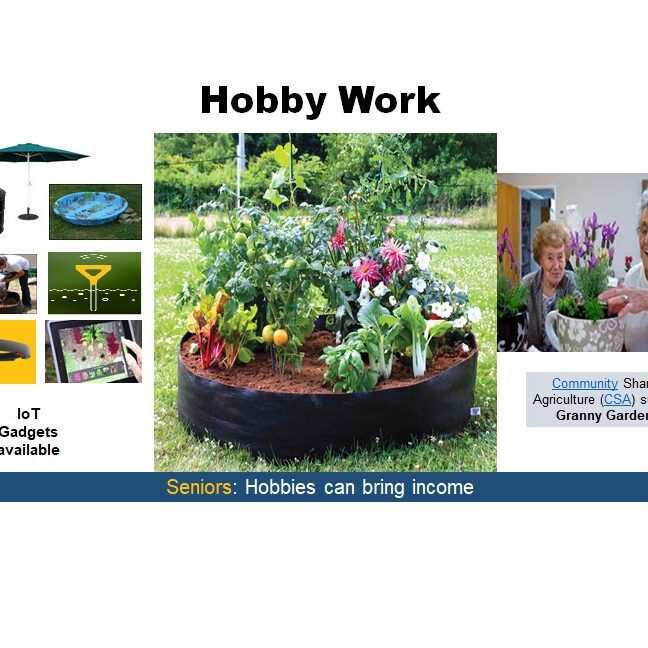
Stress - $$
In Japan - Restaurant of Mistaken Orders Brings Smiles -
In Japan, known as a super-aging society, dementia is predicted to affect one in five people by 2025. [1] In such circumstances, an innovative social experiment has caught the attention of Japan and the world
It’s called the “Restaurant of Mistaken Orders” - a restaurant where orders and deliveries sometimes go astray. Yes, we’ve come to a place where the waiters and waitresses all have some degree of cognitive impairment.
The impetus for starting this pop-up restaurant comes from an encounter between the creator Shiro Oguni and a group home where people with dementia live. “Like everybody else, my awareness of dementia at first tended towards negative images of people who were ‘radically forgetful’ and ‘aimlessly wandering about.’ But actually, they can cook, clean, do laundry, go shopping and do other ‘normal’ things for themselves. Close-up, they might go a little off course now and then, but…”
Lunchtime. The order was for a Hamburger steak, but Oguni was served a plate of gyoza (potstickers) instead. “As everybody around me was eating with such gusto, and I felt quite muddled and wondered if perhaps it was me who was in error.” Oguni noted, “Why raise our eyebrows at the difference between sizzling steak and gyoza? ‘So it’s a mistake, well, fine.’ Given that kind of tolerance, the dining scene can become relaxed and delightful.”
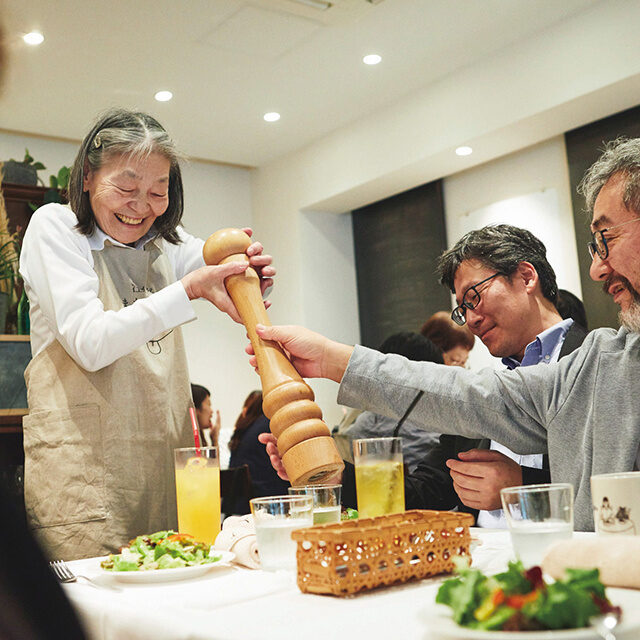
Stress - $$
In Singapore - They’re living with dementia. They’re in a choir. Can singing improve their well-being?

Singapore gets its first performance choir made up of people with dementia and their carers. The series, Sing To Remember, finds out what happens when they must sing in a concert. Can it help them with their incurable condition?
Stress - Humor
Marry Maxwell - 72 years of age
Funny Prayer about Getting Old at the Caregiver of the Year Dinner
With the timing of a professional comedian, this diminutive "little old lady" shines a very funny light on the foibles of aging, to the delight of an audience filled with senior-care experts.
Stress - Finding the hidden language
Finding joy in an Alzheimer's reality | Beth Fauth | TEDxUSU
As people live into advanced age, their risk for Alzheimer’s disease and other dementias increases. With no current cure, we are faced with one solution, and that is to provide the best care that we can for people living with this condition. Meeting the persons’ daily, physical needs in only passable; we can set the bar higher. This talk invites you to consider how empathy, patience, and basic aspects of human interaction can maximize the quality of life for people with Alzheimer’s disease.
Beth (Elizabeth) Fauth received her Bachelors of Science in Psychology at Syracuse University and her Masters and Ph.D. in Human Development at Penn State University. She is currently an associate professor in the Family, Consumer, and Human Development at Utah State University. Beth teaches undergraduate and graduate classes in gerontology and is the coordinator of the gerontology certificate program at USU. She conducts research on the integration between well-being and social support and the transition into needing assistance in late life. She also conducts research on stress and well-being in family caregivers of persons with dementia, evaluates psychoeducational interventions for dementia caregivers, and has an ongoing study of staff interactions, emotions, and activities in dementia care settings. Beth has received awards for excellence in teaching and research, such as the Researcher of the Year Award in her department and the 2010 Teacher of the Year Award.
New American Dream - CoHousing with Family and Friends
- The Purpose of life is to find your way home
FLOORS = Family (and Friends) Living Only On Retirement Savings
End of Life care need not be in a Nursing Home. You can ban together with Family and Friends, pool your Security Checks and attain all the necessities of Assisted Care. It will be cheaper, more gratifying and grand-kids are welcome.
We need a new Restoration Story
The only way to change the culture is to change the old Narrative
To get out of the mess we're in, we need a new story that explains the present and guides the future, says author George Monbiot. Drawing on findings from psychology, neuroscience and evolutionary biology, he offers a new vision for society built around our fundamental capacity for altruism and cooperation. This contagiously optimistic talk will make you rethink the possibilities for our shared future.
As an investigative journalist and self-described "professional troublemaker," George Monbiot uncovers the complicated truths behind the world's most persistent problems.
Our Culture
Sherry Turkle talks about why we expect more from technology and less from each other. Sherry Turkle is a professor, author, consultant, researcher, and licensed clinical psychologist who has spent the last 30 years researching the psychology of people's relationships with technology. She is the Abby Rockefeller Mauzé Professor of the Social Studies of Science and Technology in the Program in Science, Technology, and Society at MIT. Her many books include a trilogy on digital technology and human relationships: "The Second Self: Computers and the Human Spirit," "Life on the Screen: Identity in the Age of the Internet," and most recently, "Alone Together: Why We Expect More From Technology and Less From Each Other." Her investigations show that technology doesn't just catalyze changes in what we do -- it affects how we think. http://www.mit.edu/~sturkle/
This talk was recorded at TEDxUIUC 2011 (02/19/11), which was organized at the University of Illinois at Urbana-Champaign by a group of students led by Cristian Mitreanu. http://www.tedxuiuc.com
The Aesthetics of Joy.
Where joy hides and how to find it | Ingrid Fetell Lee
Cherry blossoms and rainbows, bubbles and googly eyes: Why do some things seem to create such universal joy? In this captivating talk, Ingrid Fetell Lee reveals the surprisingly tangible roots of joy and shows how we all can find -- and create -- more of it in the world around us.
What Works
Hogeweyk®, world's first "Dementia Village"
Yvonne van Amerongen - Retired Senior Advisor at Be Advice & Founder of The Hogeweyk. She was the Head of Quality and Innovation at Hogewey, and one of the founders of its internationally award-winning small-scale living model of care started in Amsterdam, North Holland, Netherlands.
In her own words:
It was our first attempt at a complete de-institutionalization of the traditional nursing home model. Not an institution, but a place where you can live your life as ordinary as possible. It sounds easy, but doing this sort of thing in healthcare is pretty complicated. How do you go from intention to doing?
The Be Advice team is creating a global movement with a radically different perspective on care, living and wellbeing for people living with dementia. We advise on and support the creation and implementation of innovative care concepts for elderly people with dementia all over the world.
With years of experience as a hands-on agent for change and advisor, we challenge people to let go of old ways of thinking. We listen, inspire and challenge; we support innovation, vision and concept development and assist with implementation.
Why it Works
Neurogenesis
Sandrine Thuret is Professor of Neuroscience and Co-Head of Department, Basic & Clinical Neuroscience at Institute of Psychiatry, Psychology & Neuroscience at King's College London.
She studies the way adult brains create new nerve cells in the hippocampus -- a brain area involved in memory and mood.
Next Steps...
See our 3 minute video to see how our free services work together.



